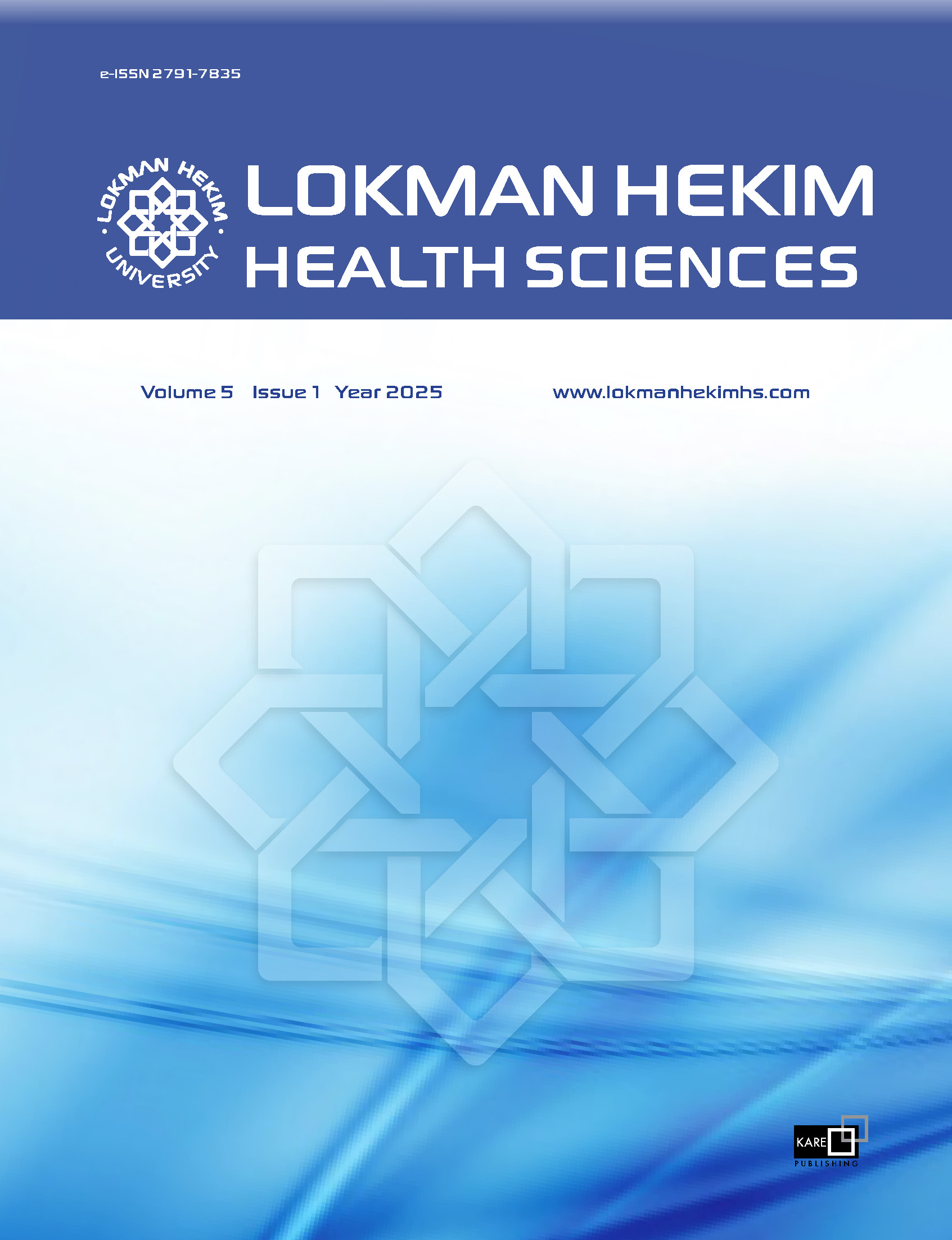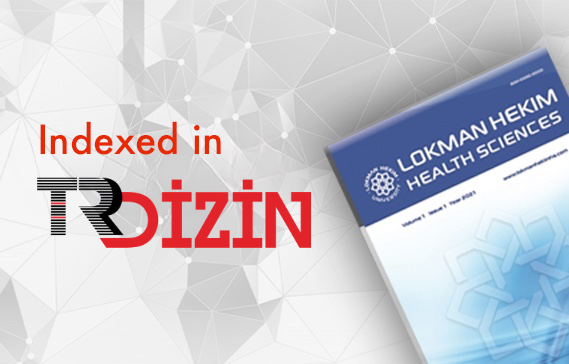2Department of Medical Biology, Niğde Ömer Halisdemir University Faculty of Medicine, Niğde, Türkiye
Abstract
Introduction: Circadian rhythm plays a crucial role in many physiological processes, such as genomic stability, DNA repair mechanisms, and apoptosis, and is often disrupted in breast cancer (BRCA). Therefore, this study aimed to elucidate the relationship between BRCA pathogenesis and circadian rhythm by comprehensively determining gene mutations, expression, and methylation profiles of circadian rhythms using bioinformatics tools.
Materials and Methods: The genome and expression profiles of the BRCA cohort (n: 1085) were obtained using bioinformatics tools providing data from The Cancer Genome Atlas. PolyPhen-2, SIFT, and Mutation Assessor tools were used to estimate the oncogenic–pathogenic effects of the detected mutations in BRCA pathogenesis. STRING analysis was performed to better understand the functional relationships of mutant proteins in cellular processes. In addition to genome profiling, gene expression and methylation profiles were generated.
Results: In total, 64 mutations were identified in 9 genes. Of these 64 mutations, 20 were classified as pathogenic or oncogenic. CRY1 and PER1 gene expression was downregulated in patients with BRCA whereas TIMELESS was upregulated compared with the healthy group (p<0.01). The effect of m-RNA expression, which is considered a prognostic marker, on overall survival was found to be significant for decreased CLOCK (p=0.026) and CRY1 (p=0.025) levels. STRING analysis revealed that hub proteins interact with the acetyltransferases P300 and NONO, which are involved in sister chromatid cohesion.
Discussion and Conclusion: The results indicate that CRY2 and PER1 gene expression is downregulated in BRCA and that circadian rhythm disruption may be associated with BRCA development.
2Tıbbi Biyoloji Anabilim Dalı, Niğde Ömer Halisdemir Üniversitesi Tıp Fakültesi, Niğde, Türkiye
Giriş: Sirkadiyen ritim, genomik stabilite, DNA onarım mekanizmaları ve apoptoz gibi birçok fizyolojik süreçte önemli bir rol oynar ve meme kanserinde (BRCA) sıklıkla bozulur. Bu nedenle, bu çalışma biyoinformatik araçları kullanarak sirkadiyen ritimlerin gen mutasyonlarını, ekspresyonunu ve metilasyon profillerini kapsamlı bir şekilde belirleyerek BRCA patogenezi ve sirkadiyen ritim arasındaki ilişkiyi aydınlatmayı amaçlamıştır.
Gereç ve Yöntem: BRCA kohortunun (n: 1085) genom ve ekspresyon profilleri, Kanser Genom Atlası'ndan veri sağlayan biyoinformatik araçlar kullanılarak elde edilmiştir. BRCA patogenezinde tespit edilen mutasyonların onkojenik-patojenik etkilerini tahmin etmek için PolyPhen-2, SIFT ve Mutation Assessor araçları kullanılmıştır. Mutant proteinlerin hücresel süreçlerdeki işlevsel ilişkilerini daha iyi anlamak için STRING analizi yapılmıştır. Genom profillemesine ek olarak, gen ekspresyonu ve metilasyon profilleri oluşturuldu.
Bulgular: Toplamda 9 gende 64 mutasyon tanımlandı. Bu 64 mutasyondan 20'si patojenik veya onkojenik olarak sınıflandırıldı. Sağlıklı grupla karşılaştırıldığında, BRCA'lı hastalarda CRY1 ve PER1 gen ekspresyonu aşağı regüle edilirken, TIMELESS yukarı regüle edildi (p<0.01). Prognostik bir belirteç olarak kabul edilen m-RNA ekspresyonunun genel sağkalım üzerindeki etkisi, CLOCK (p=0.026) ve CRY1 (p=0.025) düzeylerindeki azalma için anlamlı bulunmuştur. STRING analizi, hub proteinlerinin kardeş kromatid kohezyonunda rol oynayan asetiltransferazlar P300 ve NONO ile etkileşime girdiğini ortaya koymuştur.
Tartışma ve Sonuç: Sonuçlar, BRCA'da CRY2 ve PER1 gen ifadesinin aşağı regüle edildiğini ve sirkadiyen ritim bozulmasının BRCA gelişimi ile ilişkili olabileceğini göstermektedir.





 Durmuş Ayan1
Durmuş Ayan1 









